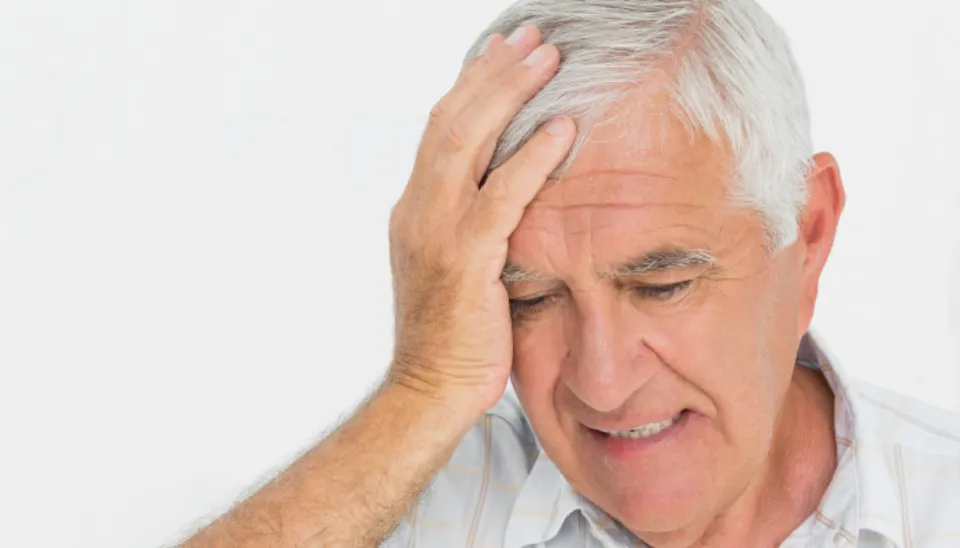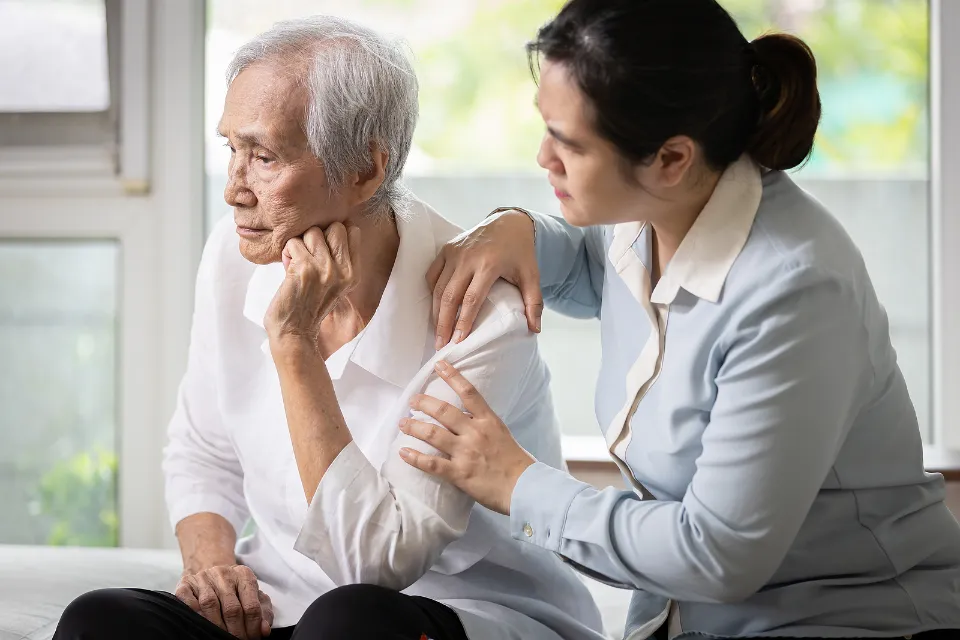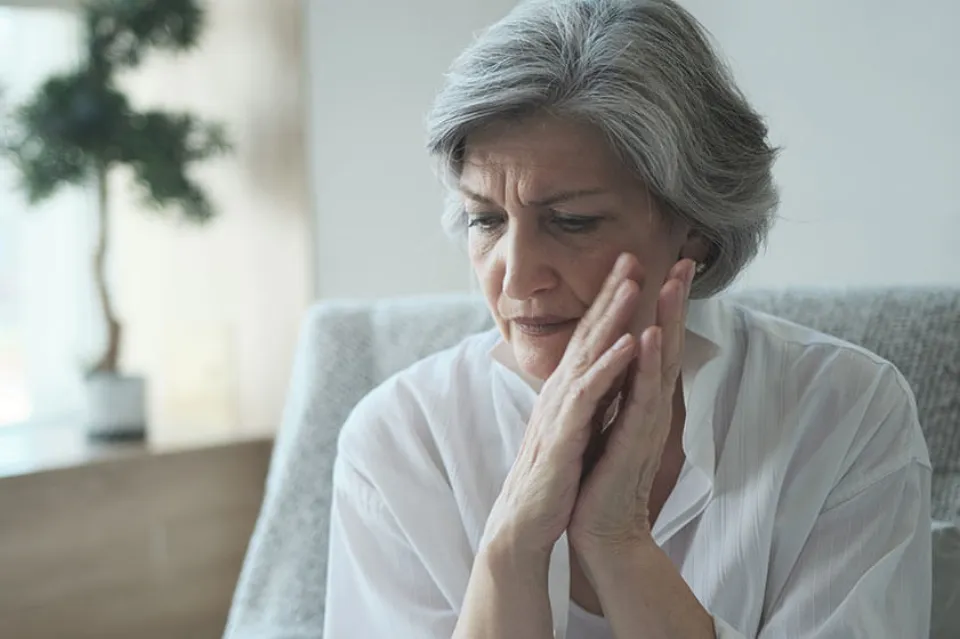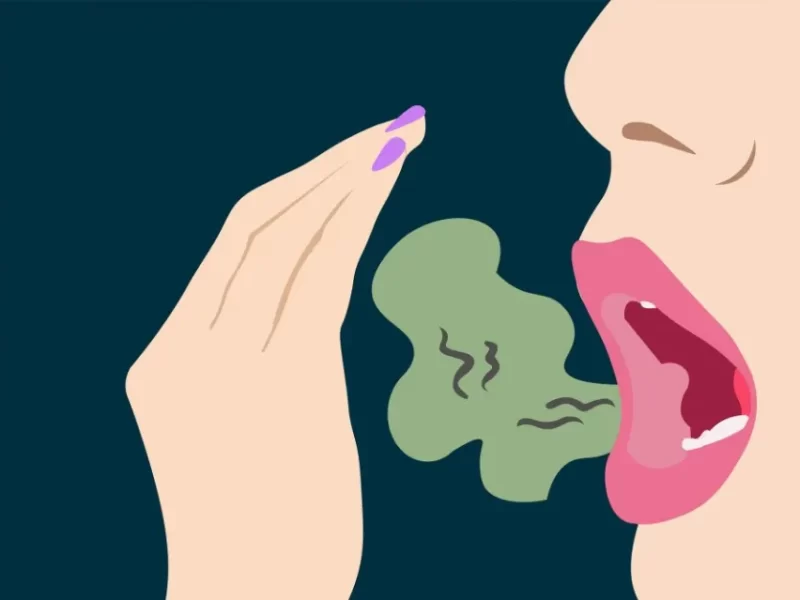The most prevalent mental health condition is an anxiety disorder. About 10 to 20 percent of older adults suffer from anxiety, and this disorder can have a significant impact on your quality of life.
It’s also critical to recognize anxiety in older adults by looking for these symptoms. Anxiety symptoms include irritability, being easily startled, trouble sleeping, and being alone. Though older adults are more likely to mention physical symptoms than mental or emotional ones. Headaches, tense muscles, nausea, digestive issues, and a rapid heartbeat may be symptoms of anxiety if there is no physical explanation.
There are measures you can take to cope if you or a loved one are experiencing anxious thoughts or feelings.
Why Do the Elderly Feel Anxious?
Scientists don’t fully understand why some adults experience excessive anxiety, and anxiety doesn’t always have a clear cause. There could be a variety of situational and environmental triggers at work. Some common risk factors for anxiety disorders in seniors include:
- Stressful life events (e.g., death of a loved one)
- Limited physical mobility
- Loss of independence
- Financial insecurity
- Sleep disturbances (e.g., insomnia)
- Chronic health conditions (e.g., diabetes, obesity)
- Side effects of medications (e.g., steroids, stimulants)
- Misuse / abuse of alcohol or prescription medications
- Trauma from childhood

For older adults with anxiety disorders, there may also be physiological risk factors. Extreme stress can lead to chemical imbalances in some people. Anxiety may also run in families. As an illustration, your risk of developing GAD is higher if your mother did.
It’s time to talk to your healthcare provider if your anxiety is negatively affecting your life. To help rule out any potential medical causes of your symptoms, they’ll probably start with a thorough physical examination. Your healthcare provider might recommend a licensed mental health counselor, psychologist, or psychiatrist if there are no symptoms of a physical illness. Through interviews and other forms of assessment, these professionals have received specialized training to identify anxiety, depression, and other mental health disorders.
Common Anxiety Disorder Types in Older Adults
The most prevalent anxiety disorder among older adults is thought to be generalized anxiety disorder (GAD). People who have GAD find themselves constantly worrying about many things. They always assume the worst, even when there is no reason to. Adults with GAD may experience a constant sense of heightened alertness and vigilance. Although they may be aware that their anxiety is excessive, they may still feel powerless to control their feelings. Older women tend to experience general anxiety disorder more frequently than older men, particularly after a divorce, a separation, or the death of a spouse or partner.
Other types of anxiety disorders affecting older adults include:
- Obsessive-compulsive disorder (OCD): Older adults with OCD struggle with unwanted, recurring thoughts or compulsions. They frequently think that repeating specific actions (like reading) will make them smarter., counting the number of tiles on the floor), they will be able to feel a sense of control. OCD can also take the form of intrusive, troubling thoughts, such as worrying that you might be hurt in a car accident.
- Social anxiety disorder: Socially anxious adults experience intense trepidation and self-consciousness in social situations that arise frequently. They worry they’ll do something to make themselves look bad and they fear criticism from others. In addition to having trouble forming and keeping friendships, they might actively avoid social situations.
- Phobia: A phobia is when a person avoids particular situations or objects because of an extreme, crippling fear of something that does not pose a significant threat. Some common phobias include dental procedures, the outside world (agoraphobia), heights, insects, thunderstorms, and driving a vehicle.
How Do You Treat Severe Anxiety in the Elderly?
The Right Way to Breathe
The physiological effects of anxiety can be effectively managed through deep breathing. Deep breathing increases the amount of carbon dioxide in your blood, which can relax the areas of your brain that are responsible for anxiety. Your parasympathetic nervous system is activated by deep breathing, which also promotes relaxation and sleep.
Breathing exercises take time to master, but if you make them a habit, they will get easier to use over time. Try to breathe so that when you inhale, your stomach expands and when you exhale, it contracts. Breathing in for four counts, holding for four counts, and exhaling for four counts is a common breathing technique. Alternatively, you can breathe in for seven counts and out for eleven.
Meditation
Your daily mindfulness practice can significantly reduce your overall stress and anxiety levels in just a few short minutes. Being completely present in the moment and not thinking about the past or the future is the definition of mindfulness. When you use mindfulness techniques, you can observe your thoughts and feelings without passing judgment. Try to recognize any anxious thoughts that come to mind and let them go without dwelling on them.
You can practice deep breathing exercises while practicing mindfulness. As you breathe, pay attention to how your body feels with each inhalation and exhalation. Maintain your focus on your breathing, gently bringing it back to it whenever it wanders.
A Healthy Diet
Proper nutrition is critical for your mental and physical health. You can better control anxious thoughts by eating a balanced diet that includes the right amounts of protein, healthy fats, and carbohydrates. Make sure you eat a variety of healthy foods at every meal, and indulge in your favorite snacks in moderation.
Some drugs have been proven to cause anxiety to rise. As two stimulants that can make you feel anxious or jittery, caffeine and nicotine are two examples. To keep your mind and body relaxed, refrain from smoking and consuming large amounts of caffeine.
A Good Sleep Habit
In older adults, sleep deprivation can make anxiety worse, but anxiety can also make it harder to fall asleep. Here are some ways you can improve your sleeping environment and sleeping habits to strengthen your mental health:
- Set a regular time for going to sleep and waking up.
- To block out unwanted sounds, use a white noise machine.
- Unwind by reading or listening to music before bed.
- Avoid consuming caffeine in the afternoon.
- Have someone you can call in an emergency at night, such as a family member, friend, or medical alert system.
Exercises
Even though physical activity is one of the best ways to improve mental health, seniors frequently don’t get enough of it. Here are some of the best forms of exercise for elderly adults:
- Walking or hiking
- Chair yoga
- Swimming or water aerobics
- Dancing
- Bodyweight exercises
For seniors, there are numerous online resources and exercise videos. Even if you don’t currently have any health issues, you should always talk to your doctor before beginning a new exercise regimen.

Social Relationship
Many seniors experience loneliness, especially if they have limited mobility and can’t get out into the community often. Providing support for elderly people who are socially isolated can be a great way to reduce anxiety and other mental health issues.
Social support can be found largely through family. You can divert your attention from anxious thoughts and lift your spirits by scheduling frequent visits with your siblings, kids, grandchildren, or other family members. Try video chatting with family or friends instead of going to see them in person if you can’t. The local senior center or volunteer organizations may also offer opportunities for social support in your neighborhood.
Summary
The effects of anxiety on older adults’ physical and mental health can be severe. It will take some time to learn how to control your anxiety, but it is manageable. You can regain your mental health and lead a peaceful life with a change in your lifestyle, relaxation techniques, or professional assistance.
FAQs
Why Does Elderly Get Anxiety at Night?
Many Seniors become anxious or scared at night due to physical changes that come with aging. Night fright in seniors can be brought on by psychological stress and dementia. Age-related nighttime disturbances include night terrors and sundown syndrome.
Can Anxiety Cause Confusion in Elderly?
Sometimes combined with anxiety is confusion in the elderly at night. They might not know where they are, what is happening, or even who someone is. Their loved ones might find this upsetting as well. Confusion in the evening hours is often called sundowning.



